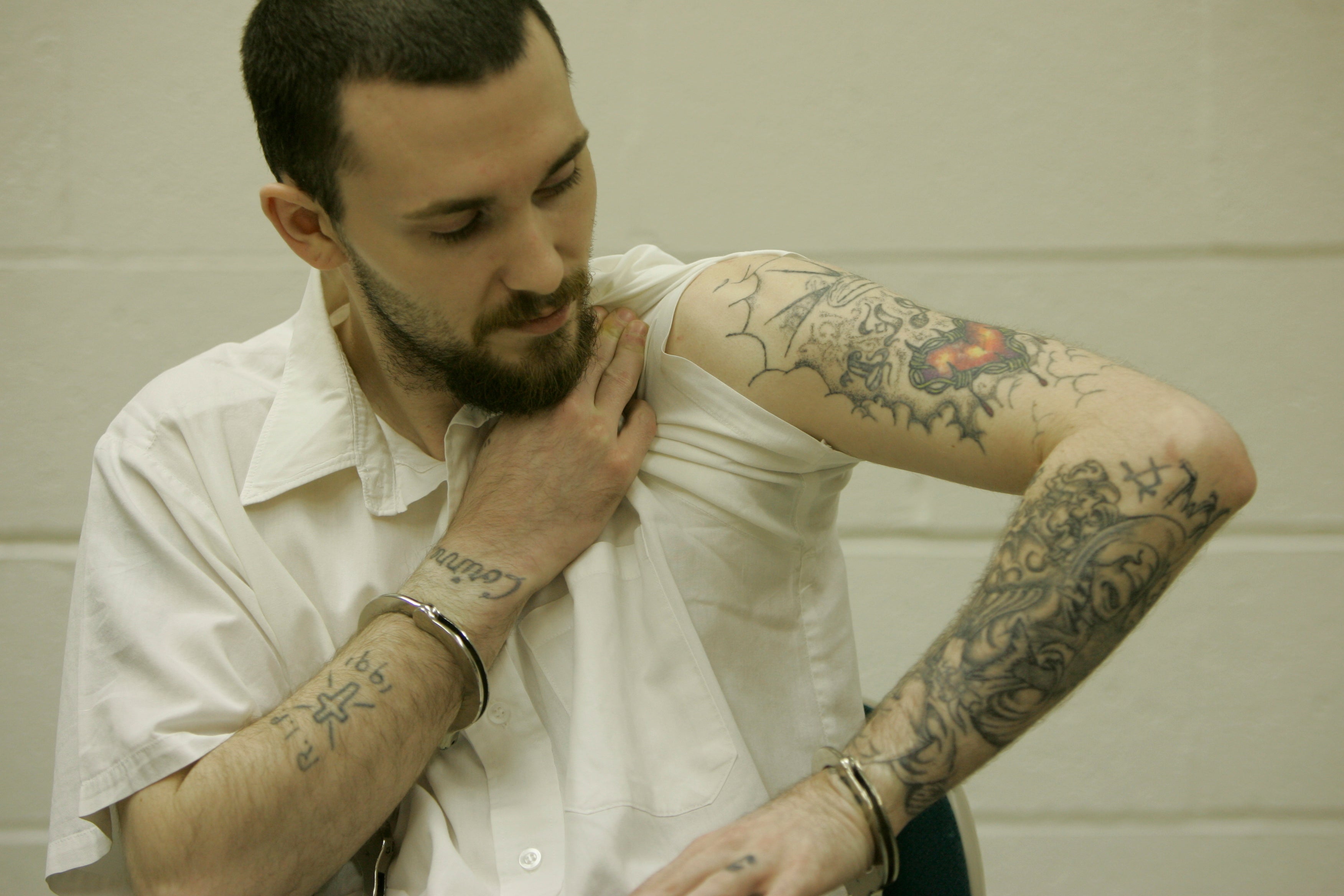Missouri jurors sentenced Michael Tisius to die for killing prison guards. So why did they change their mind?
Execution scheduled for Tuesday
Civil rights advocates, world leaders, and, in a rare turn of events, a number of former jurors have come out against the planned Tuesday execution of Michael Tisius, a Missouri man who was sentenced to death for killing two jail guards.
“I feel angry and remorseful,” former juror Jason Smith told The New York Times. “I feel that I wronged Michael.”
“I hated having a part in somebody dying,” he added.

A total of six jurors, including two alternates, have given sworn affidavits saying they would either support or decline to oppose if Tisius’s sentence was commuted to life in prison.
Another former juror said that during the time of the 2010 death sentence, he was unable to read English, a requirement for jury service in Missouri. A federal court stayed Tisius’s lethal injection to allow for investigating of the claim, but an appeals court overruled that decision last week.
On Monday, the US Supreme Court denied a request to stay the execution.
Tisius’s attorneys argue that because the Missouri man was 19 at the time of the killings, research shows his brain wasn’t fully developed and he was more vulnerable to manipulation and abuse.
Tisius broke into the Randolph County jail where the killings occurred to free Roy Vance, a man he met serving a previous misdemeanor sentence, who once bragged that Tisius was a “a kid in a grown man’s body and I knew I could manipulate him into what I wanted him to do.”
The state of Missouri argued at the high court that no US state that carries out executions bars them for those older than 18.
Linda Arena, sister of Jason Acton, of the jail employees Tisius killed, told The New York Times she supports the original death sentence.
“He’s a nonentity to me,” she said. “A nonentity who took my brother.”
Groups including the American Bar Association, Missouri State Public Defender’s Office, Inter-American Commission on Human Rights, and the Vatican have expressed their opposition to the execution.
"In particular, the ABA opposes the death penalty for certain categories of individuals who have unique vulnerabilities that make them less culpable than the average offender," the ABA wrote in a letter to Missouri governor Michael Parson.
"Michael committed two murders when he was an immature 19-year-old whose underlying brain defects and dysfunction caused him to behave like a much younger individual."
At trial, jurors heard how Tisius had been abused and neglected by family members as a child.
A clemency petition was submitted to the governor’s office.
“Missouri’s judicial system provided Mr. Tisius with due process and fair proceedings for his brutal murders of two Randolph County jail guards,” Governor Parson said in a statement on Monday. “Having run a small county jail, I know firsthand the hard work and selflessness displayed by those who work there. It’s despicable that two dedicated public servants were murdered in a failed attempt to help another criminal evade the law. The state of Missouri will carry out Mr. Tisius’s sentences according to the Court’s order and deliver justice.”
The state of Missouri has carried out the fifth most executions of any US state in recent history, according to the Death Penalty Information Center.
The Independent and the nonprofit Responsible Business Initiative for Justice (RBIJ) have launched a joint campaign calling for an end to the death penalty in the US. The RBIJ has attracted more than 150 well-known signatories to their Business Leaders Declaration Against the Death Penalty - with The Independent as the latest on the list. We join high-profile executives like Ariana Huffington, Facebook’s Sheryl Sandberg, and Virgin Group founder Sir Richard Branson as part of this initiative and are making a pledge to highlight the injustices of the death penalty in our coverage.




